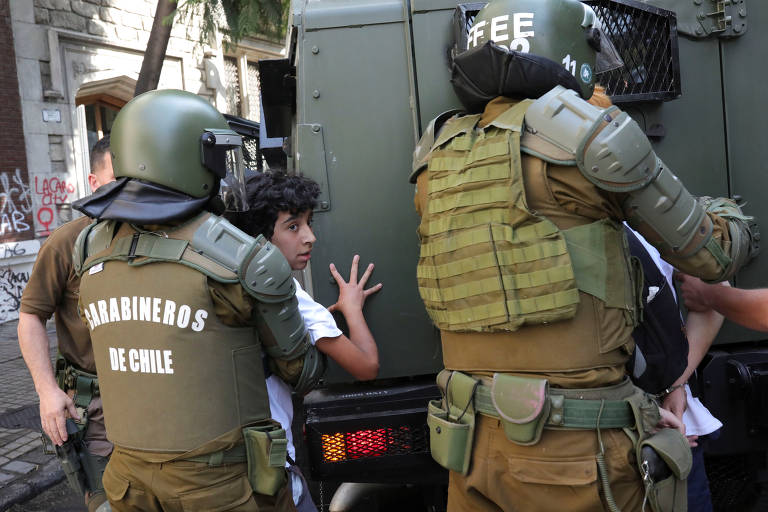RIO DE JANEIRO, BRAZIL – The National Human Rights Institute (INDH) and several Chilean mayors rejected the state of emergency decreed by President Sebastian Piñera, which entails the militarization of four provinces in two southern regions. They stressed that dialogue is the only way to deal with the crisis in the region.
In a statement published on its website, the INDH Directorate described as a failure, the fact that the armed forces must be involved to contain the incidents of violence in Biobío, Arauco, Malleco, and Cautín.
Read also: Check out our coverage on Chile
It is also “a failure of the State and society as a whole that murders and other acts of violence are committed and that the culprits cannot be investigated, tried or convicted,” the text states.

The organization emphasized that dialogue is the only possible way “to confront the serious crisis in the Macro Southern Zone”.
In addition, it pointed out that the Constitutional Convention, in charge of drafting a new Magna Carta, “has the historic opportunity to establish a new intercultural pact in which peace and justice in the south of Chile will be installed.”
Social sectors and political leaders have criticized the militarization of the region. Among the latter are the regional governors of La Araucanía, Luciano Rivas (ruling party), and Biobío, Rodrigo Díaz (opposition).
Díaz met this Wednesday with the mayors of the communes of Lebu, Cañete, Los Ángeles, and Alto Bío Bío, located in the Southern Macro-zone, to analyze the State of Emergency.
The mayor of Cañete, Jorge Radonich, urged that dialogue be privileged over demonstrations of force, a position endorsed by the mayor of Lebu, Cristián Peña. Radonich said that the measure, far from pacifying, could generate much more delicate and complex situations and an increase in the number of victims.
For his part, the mayor of Alto Bío Bío, Nibaldo Piñaleo, considered that the decree does not offer a solution to the demands of the communities afflicted by a historical inequity and was not previously communicated.

